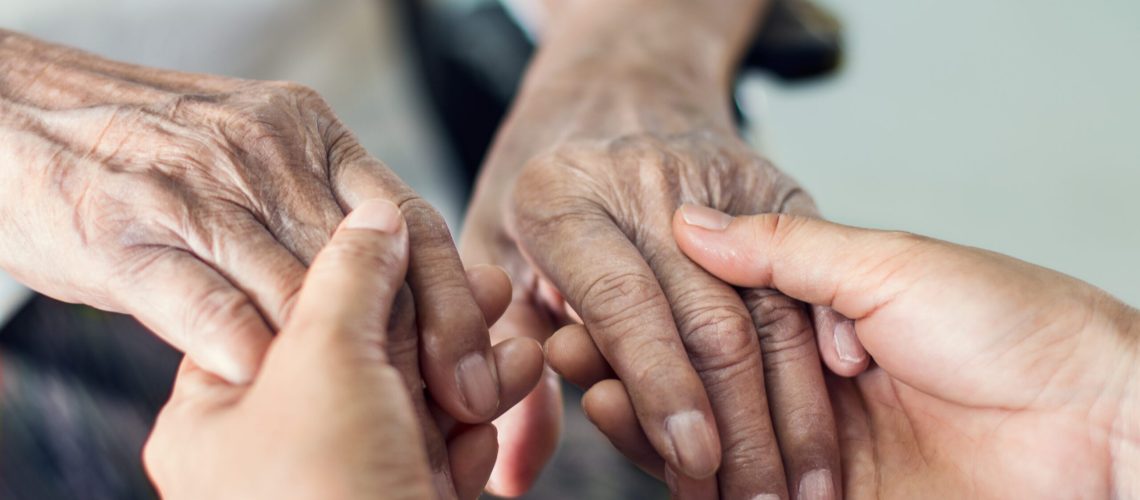Imagine your elderly husband is just discharged from the hospital. He is 6’1”, 245 pounds and is barely able to walk. You are 5’2”, 120 pounds and are expected to help him get to and from the bathroom and other areas of the house without falling. Chances are that when he was discharged, no one asked you if you were physically or mentally able to provide at home care for your husband.
Your Capacity Should Be Included In Every Care Plan
Whether you are a wife or a child of a loved one who is just coming home from a stay in the hospital, your capacity to care should be included in their care plan. If you have a work or volunteer commitment where you are depended upon from 7 AM to noon, and your loved one needs help getting out of bed, getting dressed, and eating breakfast, that all needs to be considered and discussed.
Assessing Your Capacity to Provide At Home Care
If you find yourself in a situation where you’re being considered as a caregiver, it’s important that you consider the following to make sure that you are suited to provide at home care.
- The health state of your loved one. As a relative, it’s easy to be added as someone who can discuss the medical state and needs of your loved one so that HIPAA is not violated. Having this information is critical in getting an in-depth understanding of what exactly your loved one needs. Whether that is medication management or bandage changes, it’s important to be in the know so that the proper care can be provided.
- Your physical abilities – If you are the person we described above, chances are that you won’t be able to help transfer your loved one or keep them from falling.
- Your mental state. When a loved one has a health scare and is in the hospital, it can be taxing on you. Be sure that you are honest with yourself about being there physically, mentally, and emotionally for your loved one. It’s always a good idea to talk to a trusted friend or professional if you are feeling stressed or overwhelmed.
- Any prior training or knowledge. Did you know that more than half of caregivers don’t get the training they need when providing care for a loved one. If you are considering providing at home care for a loved one, consider getting training in incontinence issues, dressing wounds, changing catheters, and even caring for someone with Alzheimer’s.
- Community resources. The resources the community provides can be a big help when trying to navigate life as a caregiver. A variety of resources are available from local agencies whether it be a senior center or a diseased-focused group like the Alzheimer’s Association.
If you have any thoughts of doubt or concerns, you should consider other options for getting the at home care your loved one needs. You may want to consider an adult day care or in-home care by an agency. To learn the difference between the two, you can read one of our recent blogs.
How An In-Home Care Agency Can Help
No matter what level of care you are able to provide, an in-home care aide can help with your responsibilities. An in-home care agency like Shepherd’s Staff In-Home Care can provide care and companionship for as little as 1 hour a day, or a few days a week, to as much as overnight and even 24/7 care. It all depends on your capacity to provide care. With help bathing, cleaning, meal preparation, and even socialization, you’ll feel relieved that you took the time to consider what was needed and got help!


